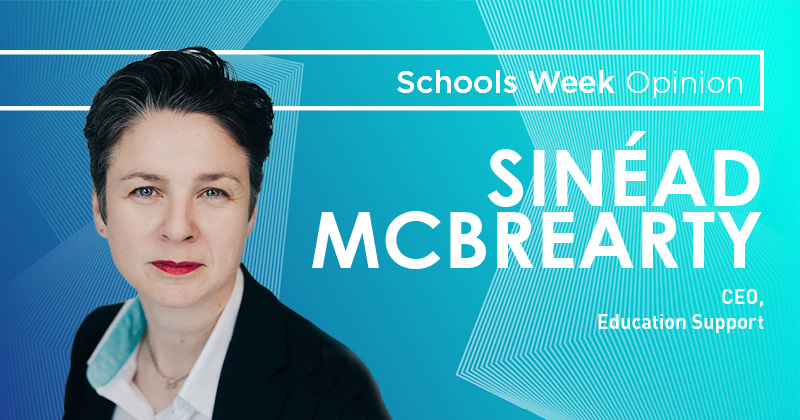Schools, and the academy trusts that often run them, cannot afford to spend money that does not clearly and directly benefit young people or teachers. Currently, they spend around £500 per teacher per year on professional development on top of an estimated £1,123 per year for five INSET days. But is it money well spent?
It’s no secret that school budgets have been stretched in recent years, with total school spending per student falling by 9 per cent in real terms in England between 2009/10 and 2019/20. This decline represents the most substantial and sustained cut in England in at least 40 years.
But when you look at the academic reviews of professional development, those that have been evaluated show that one-third had no discernible impact on student achievement. And that’s just on the interventions that have been subject to proper evaluation.
A recent survey asked just over 9,000 teachers whether the professional development they had taken part in in the last year had helped to improve their performance. Less than one-quarter of teachers strongly agreed that it had.
Just this week, Teacher Tapp surveyed the profession again. This time, they asked whether teachers rated the INSET they’d had at the start of term as any good. Only 16 per cent said it was very useful. I wonder how we’d feel if students felt the same about the teaching they experienced.
As one teacher recently described in a repsonse to a Steplab survey: “Professional development is often ad-hoc, sessions primarily follow a PowerPoint style with lots of generalised content not specific to individual needs, and it mostly feels like a waste of time.” Frankly, the profession deserves better.
In short, it isn’t money well spent, and almost everyone knows it. The sector’s shameful secret is that it wastes thousands of precious hours and effectively burns piles of cash year on year on professional development that doesn’t work.
As a former teacher, I’m glad the new government supports a teacher training entitlement to provide educators with professional development throughout their careers. However, they have yet to spell out what this will look like.
It wastes thousands of hours and burns piles of cash
It should be evident to all that we can’t afford to waste teachers’ valuable time and schools’ limited resources on things that make no difference to students. In order to meet the entitlement’s key aims of retaining teachers and improving outcomes, we need high-quality, evidence-informed professional development.
So, what do we know about what actually works?
Hard evidence shows that effective professional development can improve teachers’ knowledge, teaching practices, and student test scores. Indeed, evidence from replicated randomised controlled trials shows that effective teacher professional development programmes can have large positive effects on what happens in the classroom and what students learn.
To achieve these benefits, schools need to put in place teacher professional development that provides bespoke support, focusing on the deliberate development of specific aspects of teaching, and using important mechanisms of teacher learning like modelling and rehearsal.
Those who do this well – often by taking an instructional coaching approach – see increased student achievement by around four months of additional progress.
If we don’t take heed of this evidence, we do a disservice to the teachers we aim to train and will continue to haemorrhage teachers who want to develop as professionals.
It’s brilliant that the government aims to get more people into teaching, but it’s fundamentally pointless if there isn’t also a plan to hold on to them. Thoughtful professional development is key to this.
The government has recognised this, and the teacher training entitlement is a positive step in that direction. But not if all it entitles teachers to is a boring PowerPoint in a stuffy room at the start of term while everyone daydreams about their holiday.
Especially in these straitened times, we should only invest time and money into things that actually make a difference. The present model of teacher development represents a shameful waste of resource, and delivering this new entitlement must be tied to its thoughtful reform.











